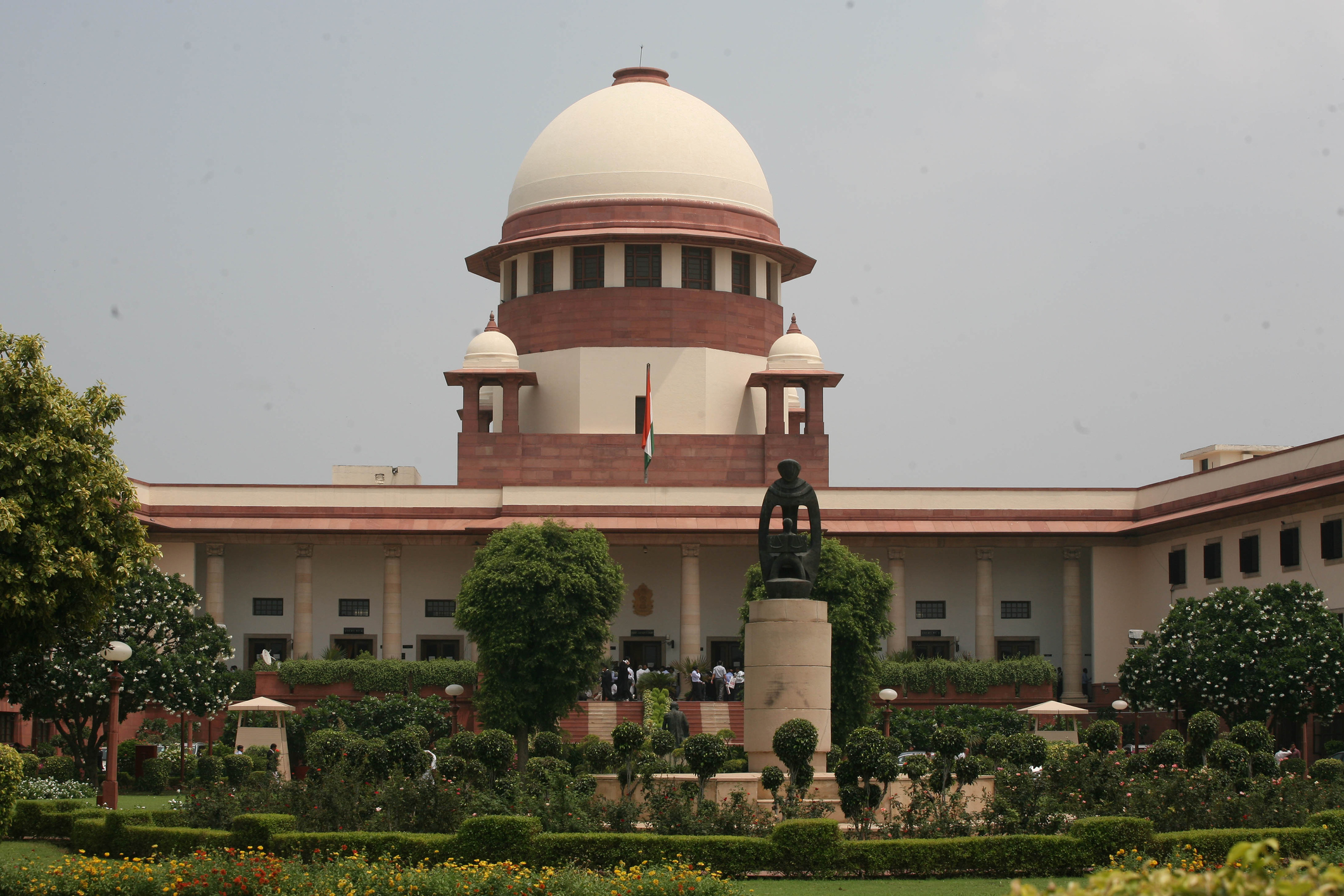The Supreme Court on Monday evolved a slew of measures, including an indefinite extension of the “limitation” period for filing appeals and applications before the courts and judicial forums.
Under the limitation doctrine, appeals and pleas can be filed only within a 30-to-90-day window, as prescribed by various statutes. Any delay leads to automatic dismissal of such pleas unless condoned by the court concerned.
The extension of the limitation period comes into effect from March 15.
Also, the apex court said, all proceedings before it would from Wednesday be conducted only through video-conferencing, and only by one single-judge bench on any given day.
Important and urgent matters — among them bail pleas and about-to-expire interim orders — alone will be heard.
The entry of advocates, lawyers’ clerks, and journalists will be barred.
Chief Justice S.A. Bobde, sitting on a bench with Justices L. Nageswara Rao and Surya Kant, indicated the top court would sit during the summer vacation, if necessary, to clear any backlog to compensate for the loss of working hours over the coronavirus threat.
Justices Surya Kant and Aniruddha Bose held discussions with the offices of Supreme Court Bar Association president Dushyant Dave and secretary Ashok Arora, besides Supreme Court Advocates-on-Record Association secretary Aristotle Joseph, over the crowd-management measures to be adopted in the top court.
Sources said the discussions led to these measures:
⚫ The apex court premises, including the advocates’ chamber blocs, will be shut down immediately. Advocates can take out their personal belongings before 5pm on Tuesday.
⚫ All proximity cards will be cancelled immediately. These biometric cards allow advocates, their clerks, and journalists to enter the court hall.
⚫ Advocates will need a Bar Association certificate to enter the court in an emergency.
⚫ The filing counter will be open and can be accessed by Bar members.
⚫ E-filings will begin soon.
⚫ Urgent filing should be accompanied by a one-page justification. The presiding judge will decide the urgency. If he agrees, he will hear the lawyer concerned over the phone during specified times.











